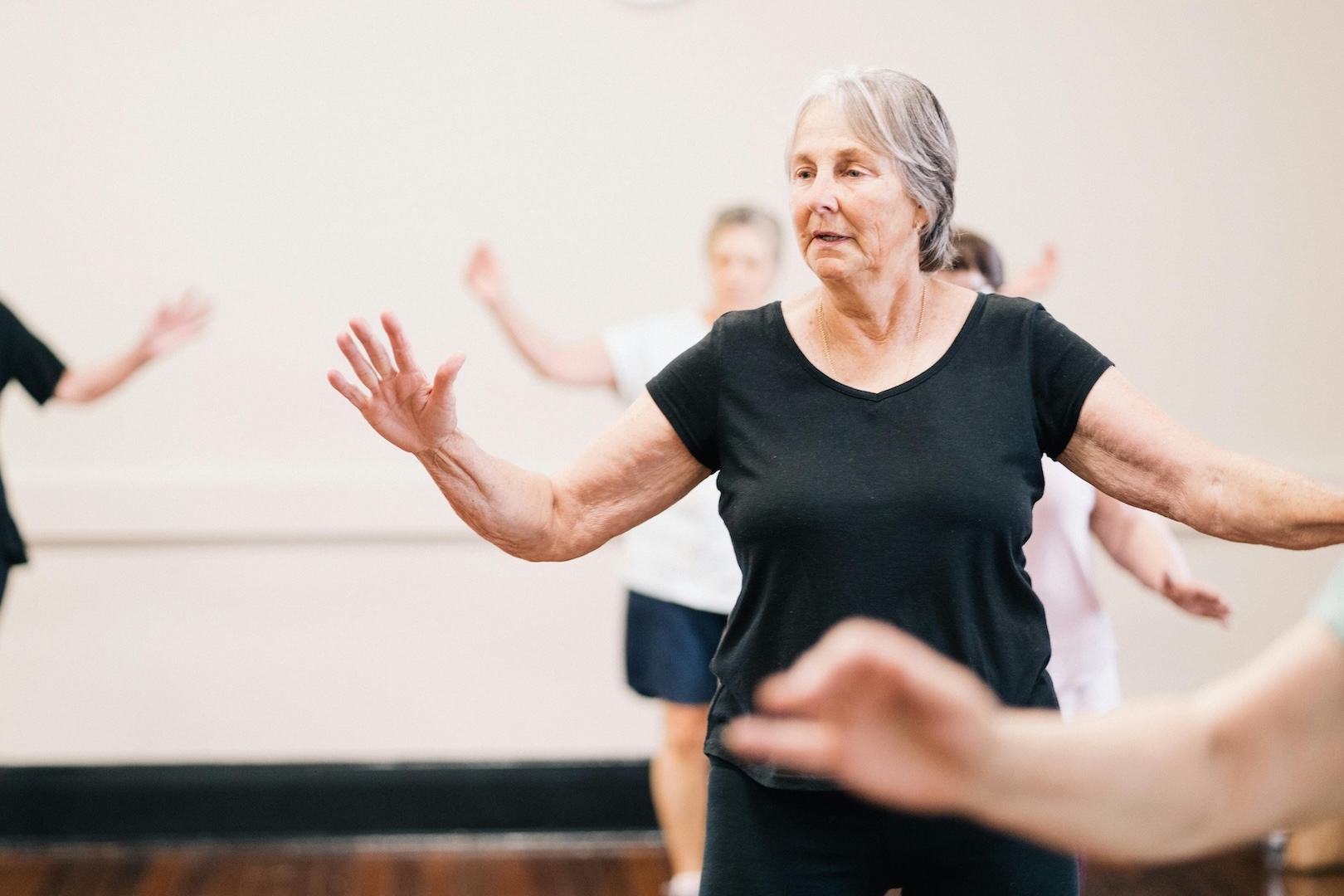When is sleep awareness week?
August 5th – 11th is the Australian Sleep Health Foundation Sleep Awareness Week for 2019. This year’s theme for Sleep Awareness Week in Australia is “Sleep on it – memory and problem solving”.
We know good quality sleep plays a major role in our ability to learn, to think clearly and to protect ourselves from any future harm to our brains. So why is it that our brain can be part of the reason we can’t get to sleep?
Why sleep matters.
We know that sleep is important at every stage of life. While we have all heard a lot about the importance of a good diet, regular exercise and staying healthy, the importance of sleep is commonly overlooked. If you are not getting enough sleep your brain function becomes slower. It can be harder to concentrate, difficult to remember information and you are easily distracted. You can become slower to react to things happening around you but at the same time you can be quick to get in a bad mood. While scientists don’t know exactly why we sleep, they do know it is vital for our physical and mental wellbeing.
How much sleep do I need?
Different people need different amounts of sleep. The best way to know if you are getting enough sleep is to gauge how you feel through the day, how well you can concentrate, learn new things or recall information, and how stable your mood is. Some people have medical conditions that alter the amount of sleep required for basic function. There is a strong belief that you need 8 hours of sleep every night, however some people can function on 5-6 hours while others need 9-10 hours. Setting strict rules and expectations on how many hours sleep you “need” can create anxious thoughts and impact your ability to fall asleep.
How thinking affects falling asleep.
An overactive mind can get in the way of falling asleep, cause waking up on and off during the night or waking up early and not returning to sleep. Negative thoughts about sleep can make it harder to get to sleep, resulting in habits that impact your ability to maintain a normal sleep pattern. This vicious cycle of bad sleep can be formed due to stress, pain, overnight toileting or many other reasons.
While sleep loss is often a precursor for anxiety disorders, anxiety also leads to sleep loss. The conditions fuel each other, with worsening impacts over time.
How can Occupational Therapy help sleep?
The good news is that many of the negatives effects of sleep loss can be reversible. Our experienced Occupational Therapists and Physiotherapists can work with you to improve your sleep across areas including:
- Sleep environment and routines
- Energy Conservation education
- Sleeping positions or equipment to accommodate / alleviate pain
- Cognitive and mindfulness strategies to manage sleep anxiety
Need to know more?
Our experienced Occupational Therapy team is here to help you take charge in getting your sleep back on track. Contact us today to discuss your needs via email at admin@ssrg.com.au or you can call us on 1300 729 190 and we will be happy to help!
Author: Donna Joosten
More about the author… Donna is an Occupational Therapist and Manager of SSRG’s Occupational Therapy Team. Donna has worked extensively with neurological rehabilitation, particularly movement disorders and has completed training in physical and cognitive rehabilitation. Donna holds a Bachelor of Occupational Therapy as well as qualifications in Business and Music.




